With air, land and sea temperature records being broken again and again, extreme weather is ending lives and disrupting entire communities with increasing frequency. Recently we’ve seen life-threatening floods in and around Beijing, forest fires in Greece, Canada, and Hawaii, and heat domes sitting over parts of the US. All of this is occurring at just 1.2 degrees of warming.
Scientists have warned about the dangers of the climate crisis and potential financial risks for decades. Citizens have waved “No jobs on a dead planet” signs at protests for many years. But most institutional investors seem to believe that they can earn adequate returns if the world reaches three, or even four, degrees of warming above pre-industrial averages. That belief allows them to justify continued investment in fossil fuel expansion, and voting to back companies that do so.
Amazingly, some investors even believe that they will receive higher returns at 3 degrees of warming than they would at 1.5 or 2 degrees. Norway’s huge Oil Fund is one example of this.
How can this be the case?
One reason is the behind-the-scenes analysis delivered by “investment consultants”, which base their models on analysis by a narrow set of academic economists. Chief among them is Mercer, which advises 3,900 pension funds.
These consultants develop and run models that examine risks and opportunities and make recommendations to their investor clients. They forecast losses for certain sectors, companies and locations, while assuming that economic growth and political stability will carry on reliably enough for pension funds to be able to pay their beneficiaries in the decades ahead.
Two new reports argue that this advice is unreliable. Leading actuaries, and an economist who predicted the 2008 financial crash, argue that current modelling ignores key insights from climate scientists and understates catastrophic risks to portfolios and to the global economy.
The Emperor’s New Climate Scenarios, by The Institute and Faculty of Actuaries and Exeter University argues that:
“current techniques exclude many of the most severe impacts we can expect from climate change, such as tipping points and second order impacts – they simply do not exist in the models. The consequence of this is that the results emerging from the models are far too benign, even implausible in some cases.”
Loading the DICE Against Pensions, published by Carbon Tracker, looks in more detail at investment consultant models. Its author is Professor Steve Keen, a Distinguished Research Fellow at UCL and one of the few economists who predicted the 2007-8 financial crisis.
Examples of advice from Mercer featured in the report include advice to:
- UK local government pension pool LGPS Central that a trajectory leading to 4°C by 2100 would reduce annual returns by just 0.1% by 2050;
- Australian pension fund HESTA predicting a -17% portfolio impact by 2100 in a 4°C scenario.
Professor Keen points out that:
“These predictions of the minimal economic impact of global warming of 2-4.3°C are representative of the advice being given by pension funds worldwide to their members. This advice is completely at odds with research by climate scientists, who are increasingly asserting that global warming is an existential threat to human civilisation, and at temperatures well below those contemplated by pension funds. Numerous scientists have expressed alarm at the damages society will face from warming of 2°C or less.”
Denying the climate emergency
The UK parliament and dozens of elected local councils have declared a “climate emergency”. In Shropshire, for example, they concluded that “Climate Change presents a serious threat to humanity with the potential impacts on weather systems and biodiversity being catastrophic if allowed to continue to increase unchecked”.
Yet these same councils use pension-holders’ money to pay for advice that shows trivial impacts and ignores the many analyses of how climate change is likely to trigger disaster, such as this recent one from the Chatham House think tank.
Keen shows that the investment consultants rely on the work of a narrow set of academic economists who review and endorse each others’ work. Climate scientists are not asked to peer review these findings. Keen references a paper published in 2021 1 which looks at eight tipping points including the slowdown of the Gulf Stream, variability of the Indian summer monsoon, release of carbon from permafrost, dieback of the Amazon rainforest and the disintegration of the Greenland Ice Sheet. They estimate that triggering all of these tipping points would add “an additional 1% of damages to the global economy” on top of the direct damages that a three degree temperature rise would inflict. In other words they argue that these natural systems are not at all important to the functioning of our society and economy.
Moving target defence
Mercer told industry publication IPE that it was “disappointed that Carbon Tracker’s report presents an incomplete, and therefore misleading, summary of Mercer’s climate change analysis”.
Mercer says it has a new subcontractor and an improved climate risk model. However, this can’t easily be verified, as they claim that commercial confidentiality prevents publication of their reports to pension funds.
Shropshire Council told IPE that “The analysis in our pension fund’s third Climate-Related Disclosures Report, published in November last year, was based on an updated model that Mercer has developed in partnership with Ortec Finance and Cambridge Econometrics”.
A look at that latest climate risk report for Shropshire Council shows that it still contains many of the flaws that the two new reports have exposed. The report shows three scenarios — 1.5oC, 1.6oC and 4.3oC — reviewed over a 5-40 year period. Surprisingly, this omits the 2.7oC trajectory that is the predicted outcome of current policies which many investors use as a baseline. And predicts that markets will price in physical risks even in a 4.3oC scenario, leading to just 1% annual portfolio losses.
Clients and regulators must demand better tools
It is unlikely that Mercer, or its rivals, will produce more realistic risk scenarios unless a good number of their clients demand them. Or if regulators step up to the plate and require pension funds to look harder at scenarios where they will face catastrophic losses.
Carbon Tracker’s report also reviews shortcomings in the current work of relevant regulatory and standards bodies such as the Financial Stability Board and the Network For Greening the Financial System.
One UK pension fund has broken out from the pack to test a different approach
The Universities Superannuation Scheme has “identified significant limitations with approaches to climate scenario analysis, including excessive focus on precise measurement … and inadequate modelling of physical risks”.
The Scheme’s 2023 TCFD report says that is “therefore working with the University of Exeter to develop a more useful approach for investors which builds in climate tipping points and better integrates climate factors with other macro drivers”.
Exeter University was a co-publisher of The Emperor’s New Climate Scenarios. Which concludes:
“our economy has never been subject to an energy transition of this speed and scale, alongside the increasing physical risk environment we face. Modelling physical and transition risks based on past data is akin to looking backwards from the deck of the Titanic on the evening of 14 April 1912 and predicting a smooth passage to New York because no icebergs have yet been hit”.
Or, as Carbon Tracker’s blog about the Steve Keen report puts it:
“Does it really make sense that such planetary-wide risks and changes would barely shift the needle on the global economy? That floods, droughts, displacements, property damage and so on would barely dent the world’s economic growth?”
The influential Lex column at the Financial Times answered this question no after reviewing these two reports and other material. It concluded:
“There is growing unease that existing climate models may be providing a false sense of security”.
And the UK Pensions Regulator also responded to the reports. With an article arguing that: pension fund trustees need to “feel confident to question and challenge their advisers and the output from climate scenario analysis”. Before concluding in surprisingly stark terms: “following the recent criticism and concern, it’s clear a degree of revolution, not evolution is needed”.
Footnotes
1) The lead author of that paper is Simon Dietz at LSE, the research director of the Transition Pathways Initiative – a research tool that is consulted by many investors.






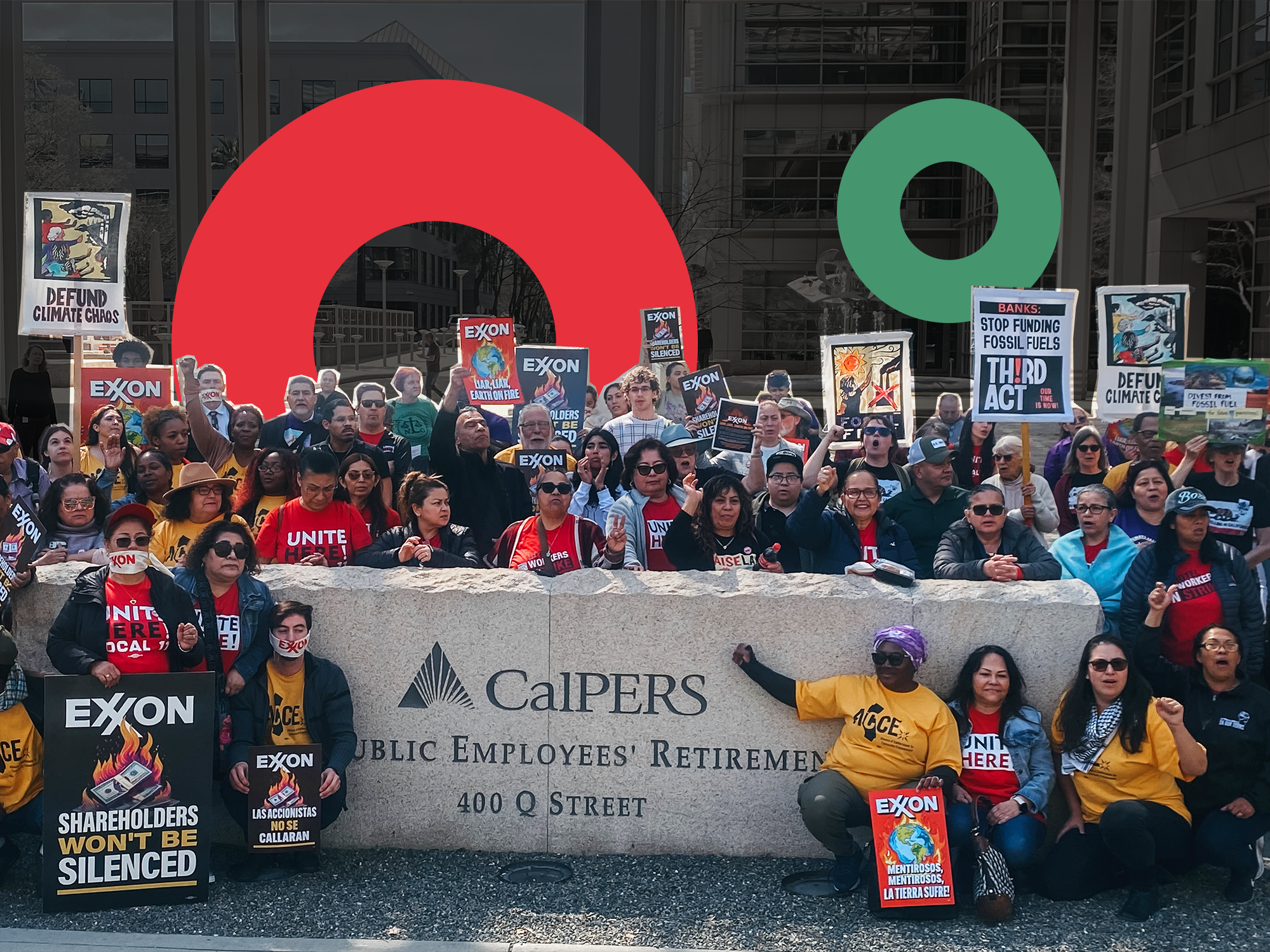
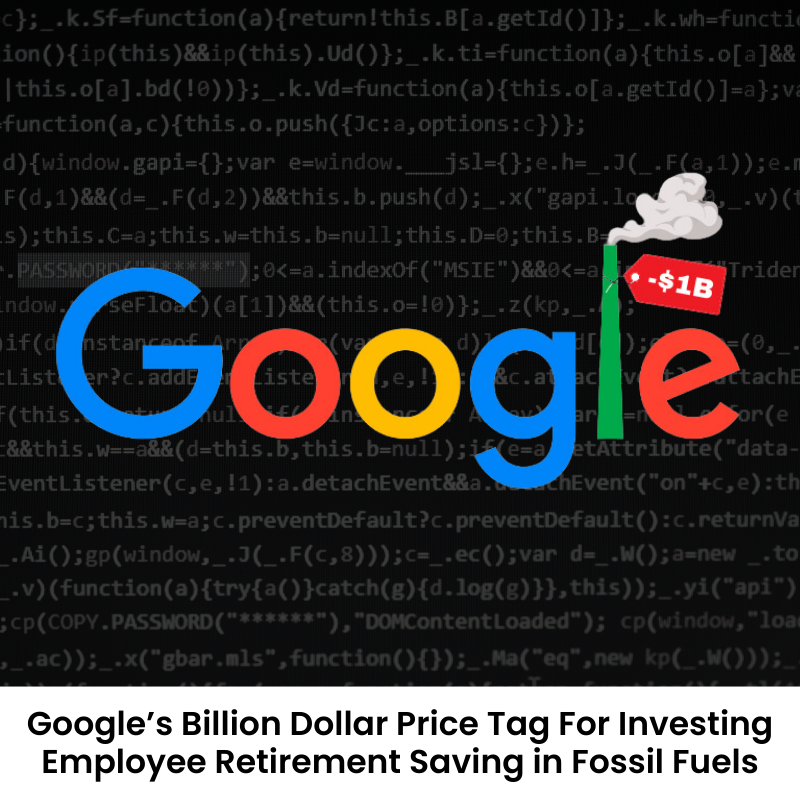

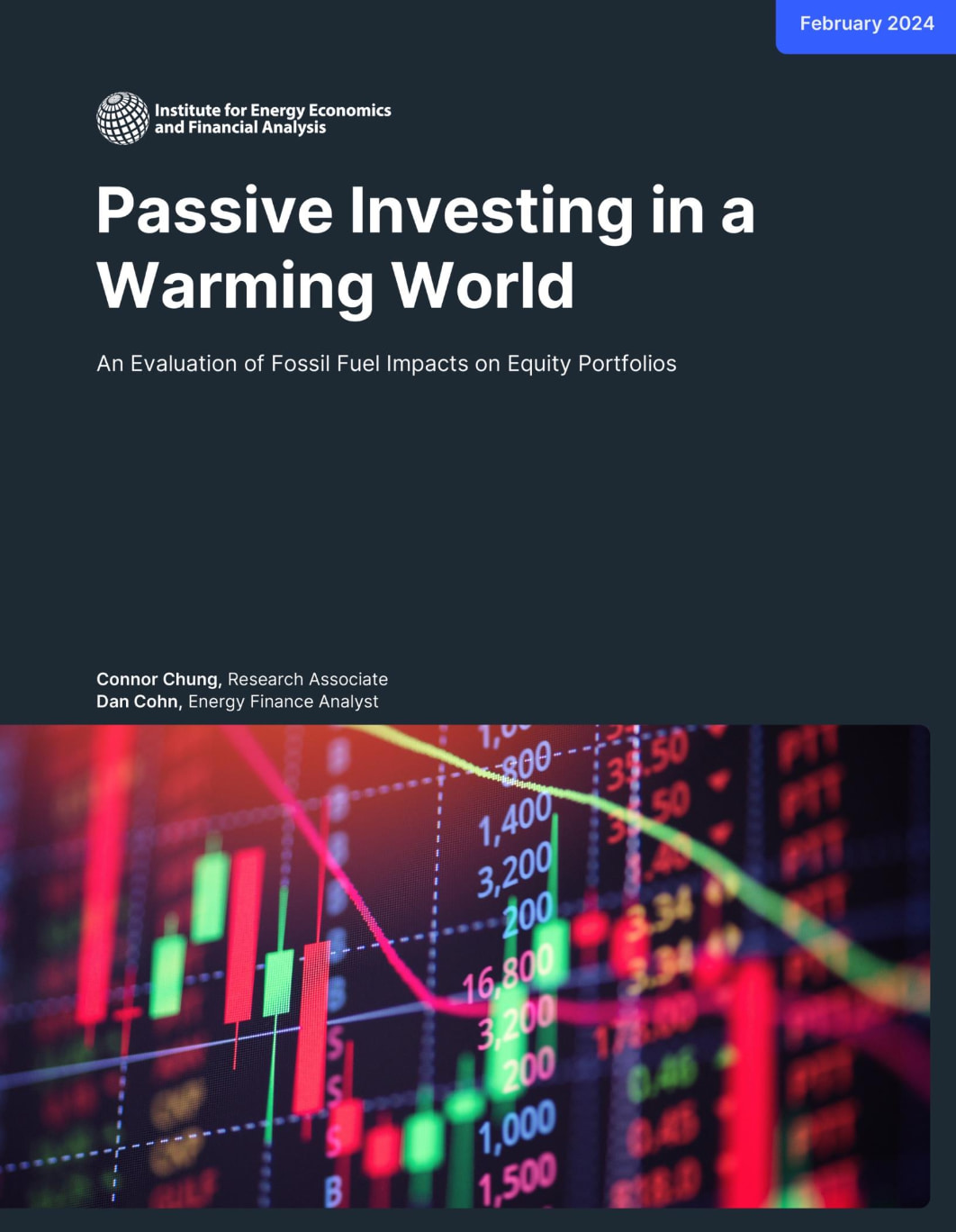
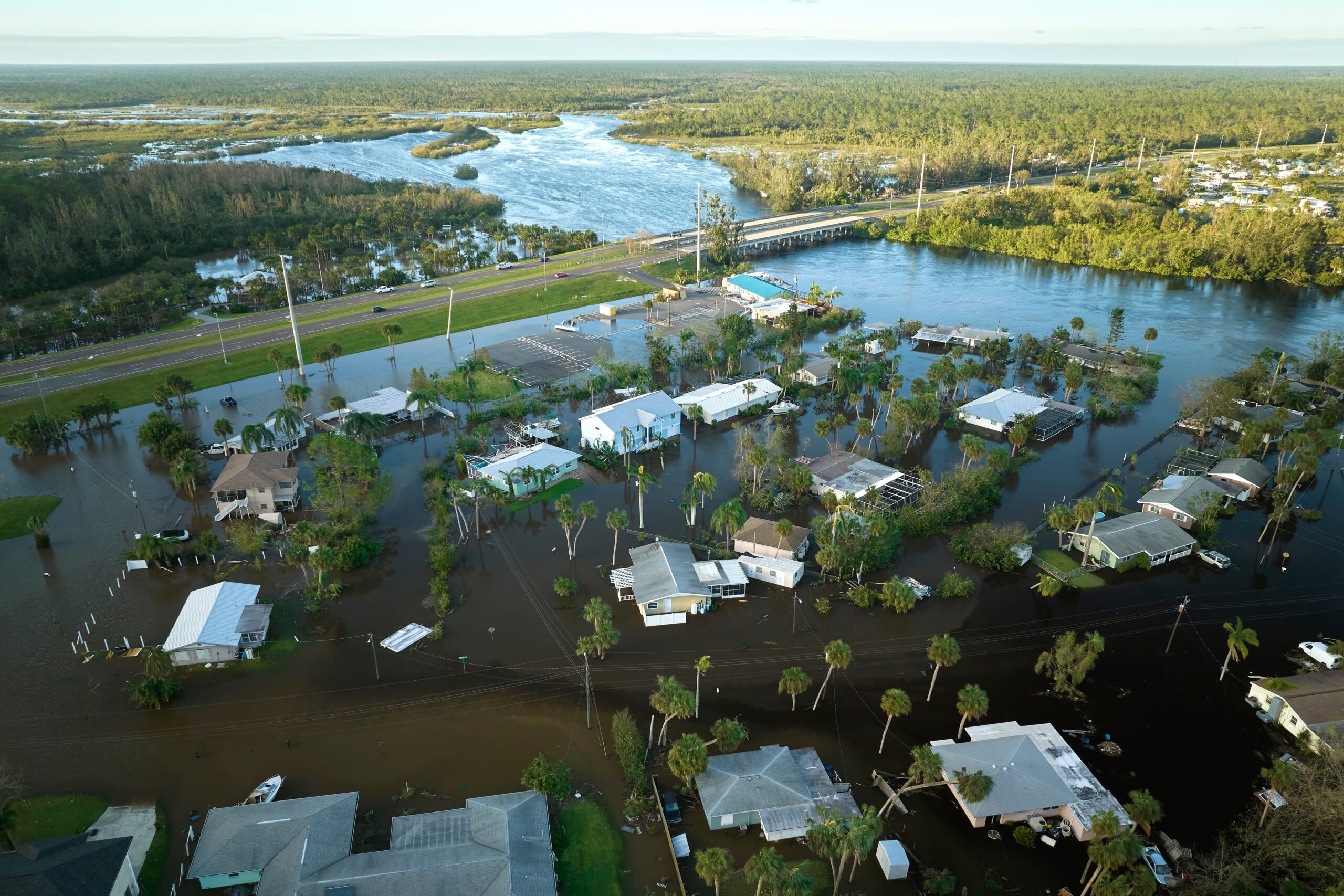
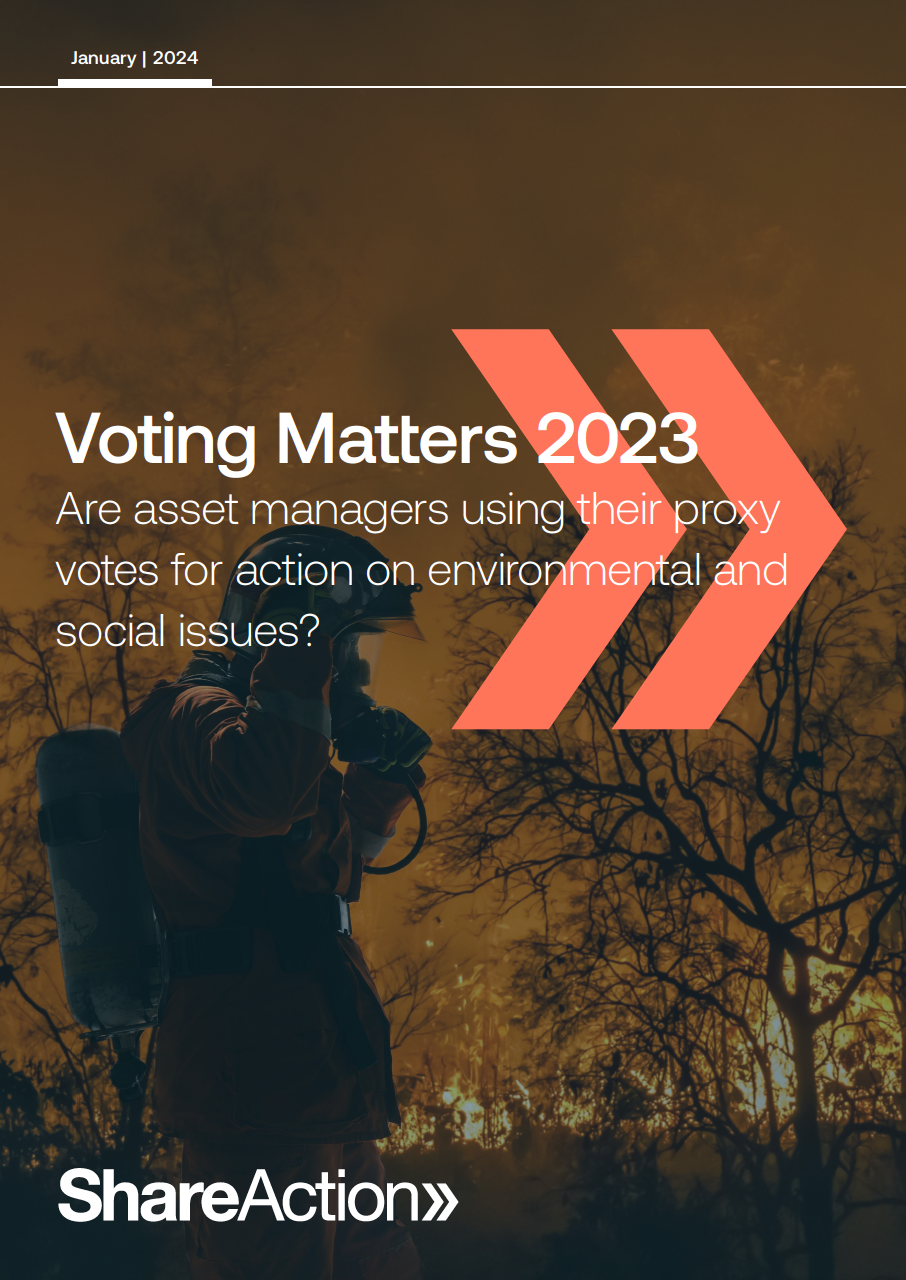


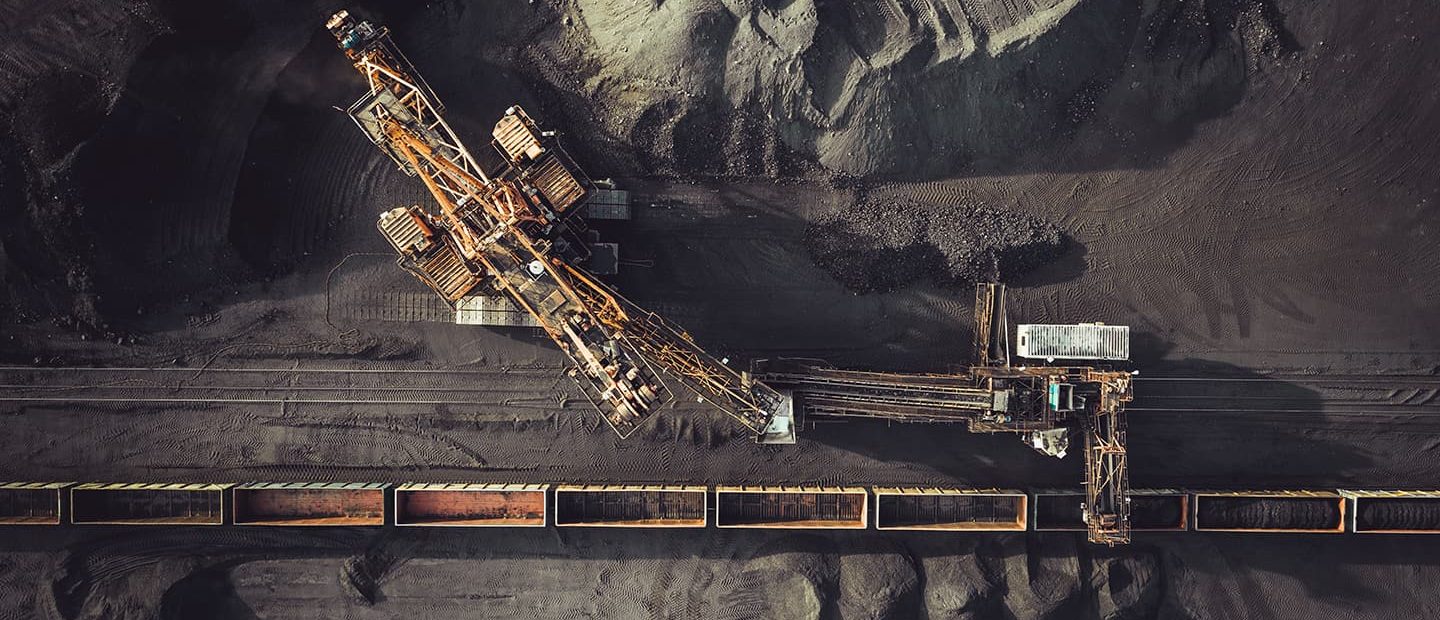







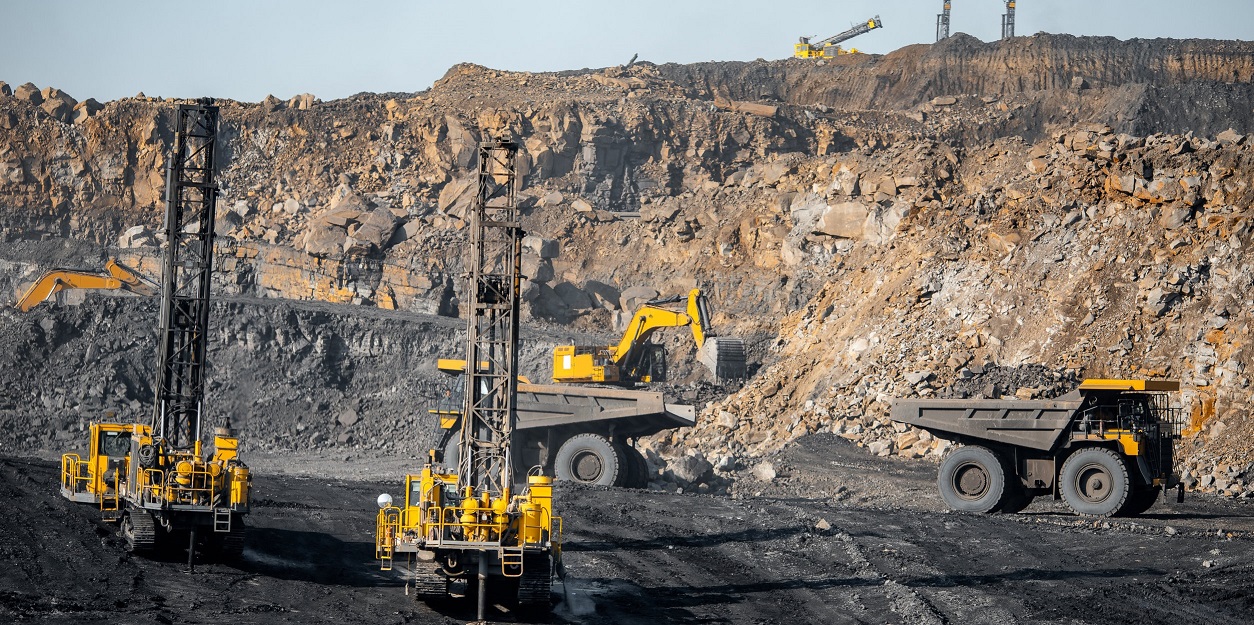





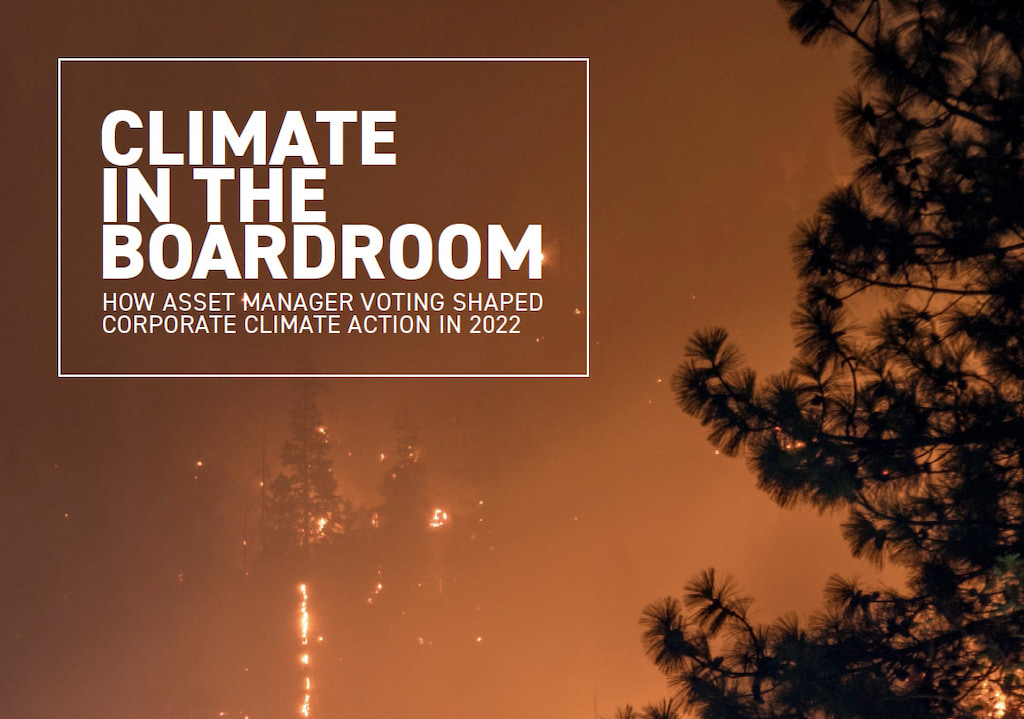


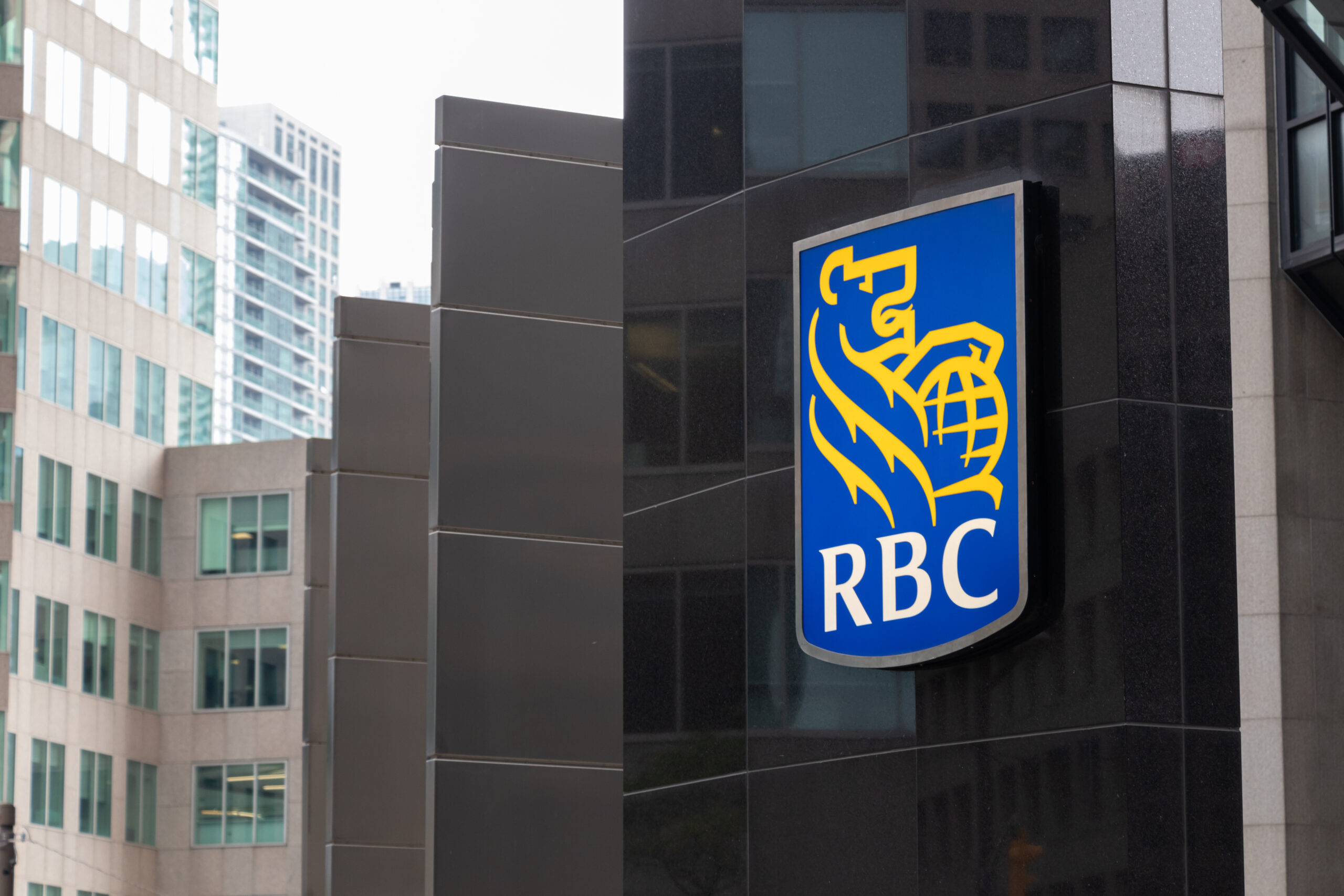



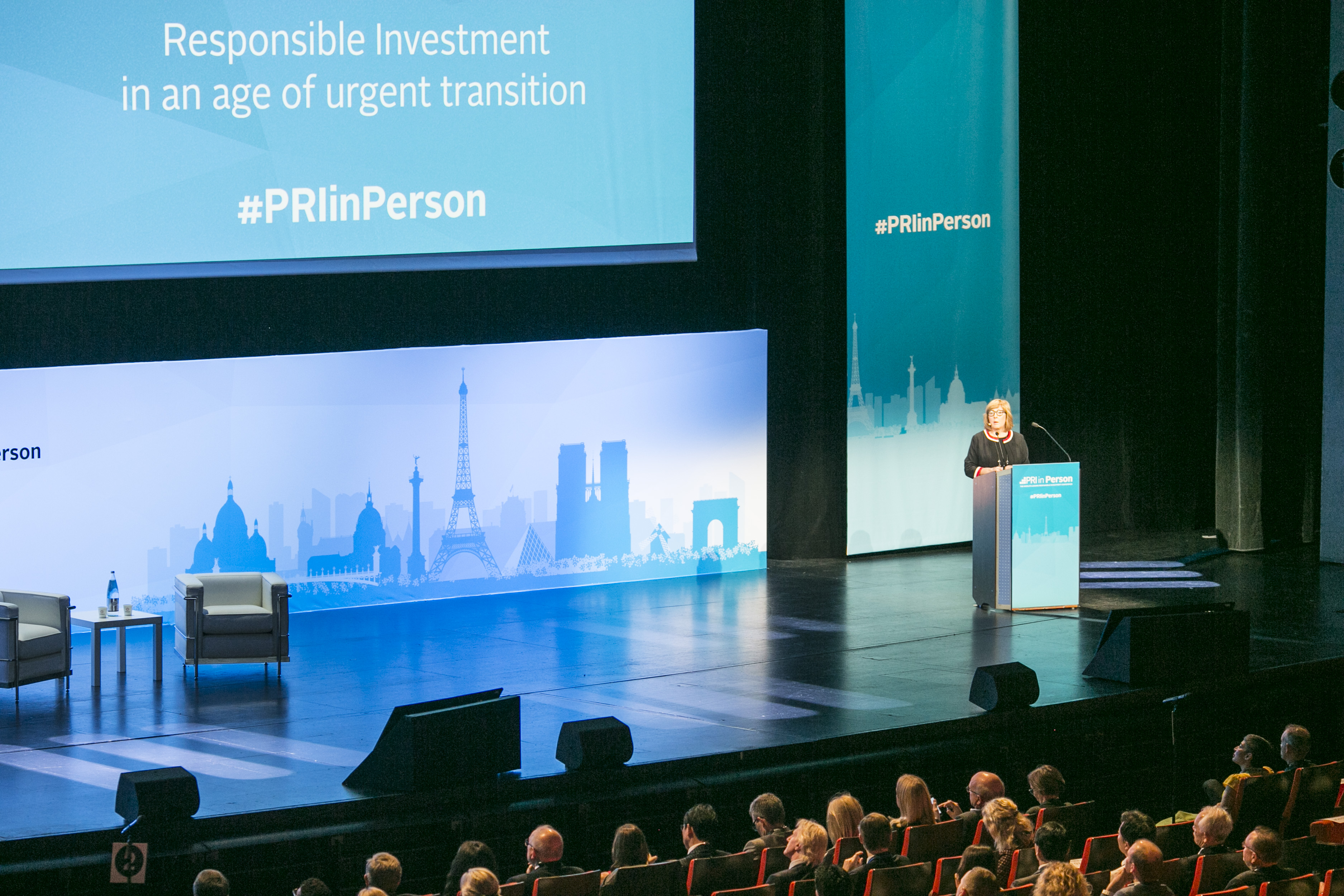

























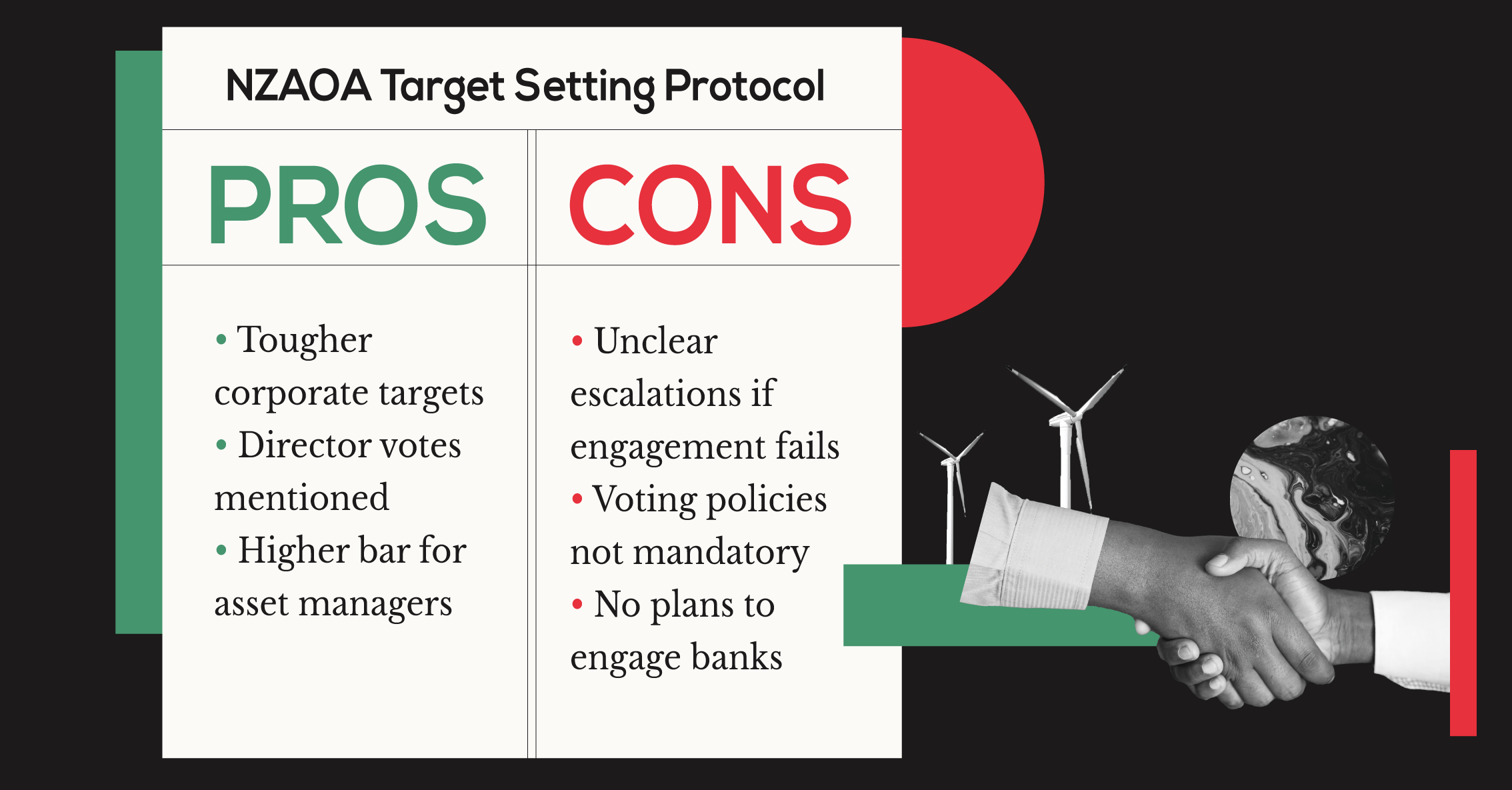
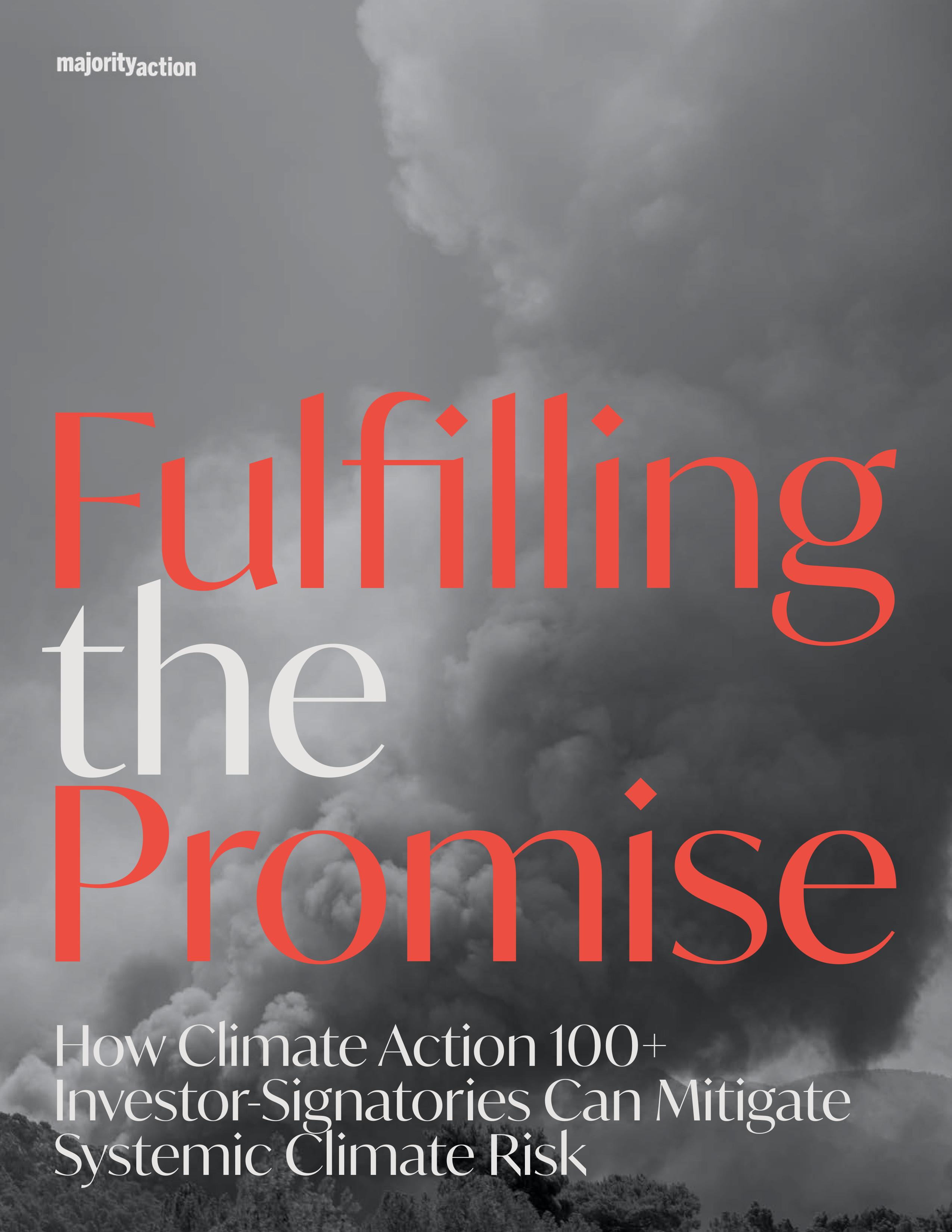
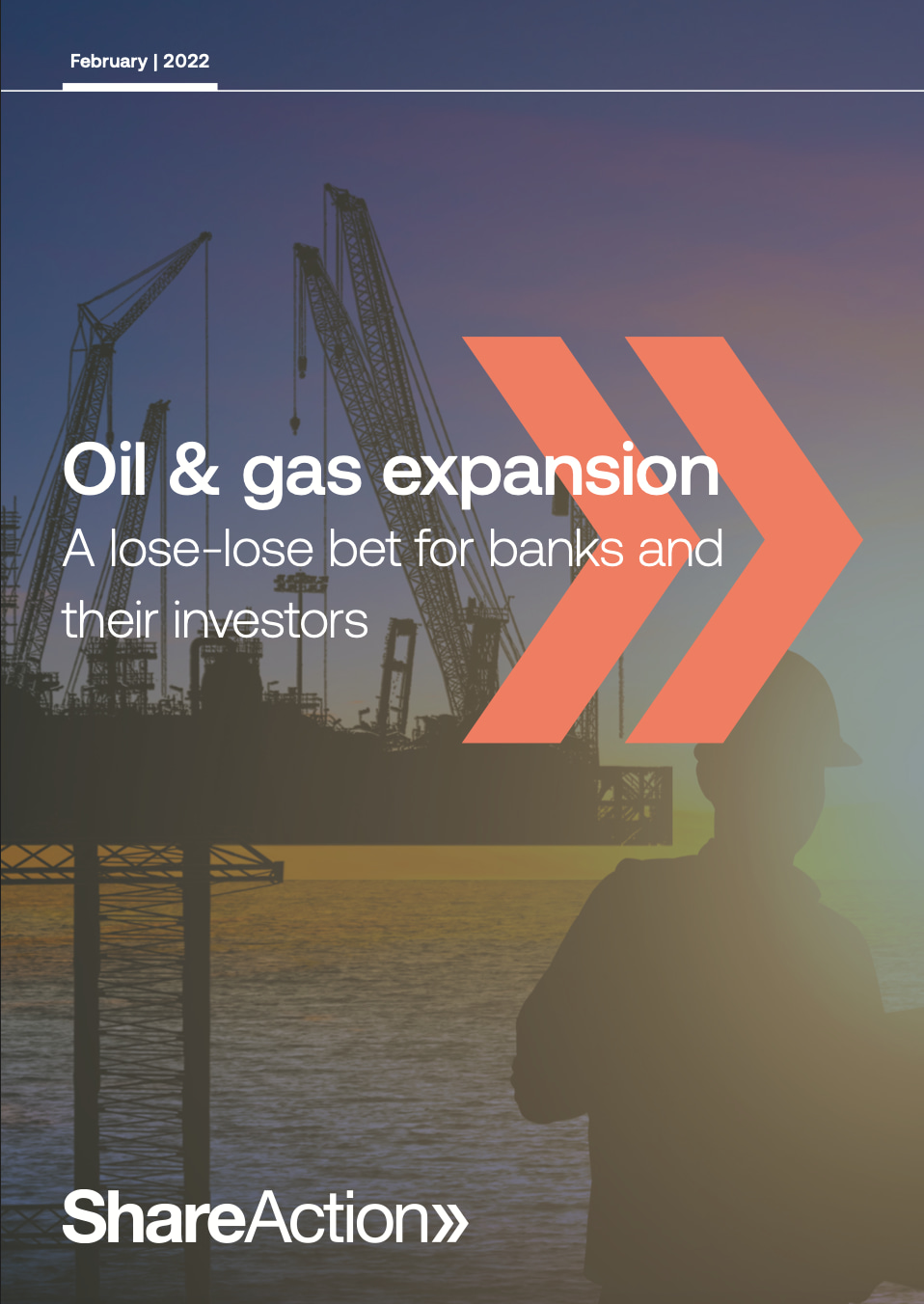

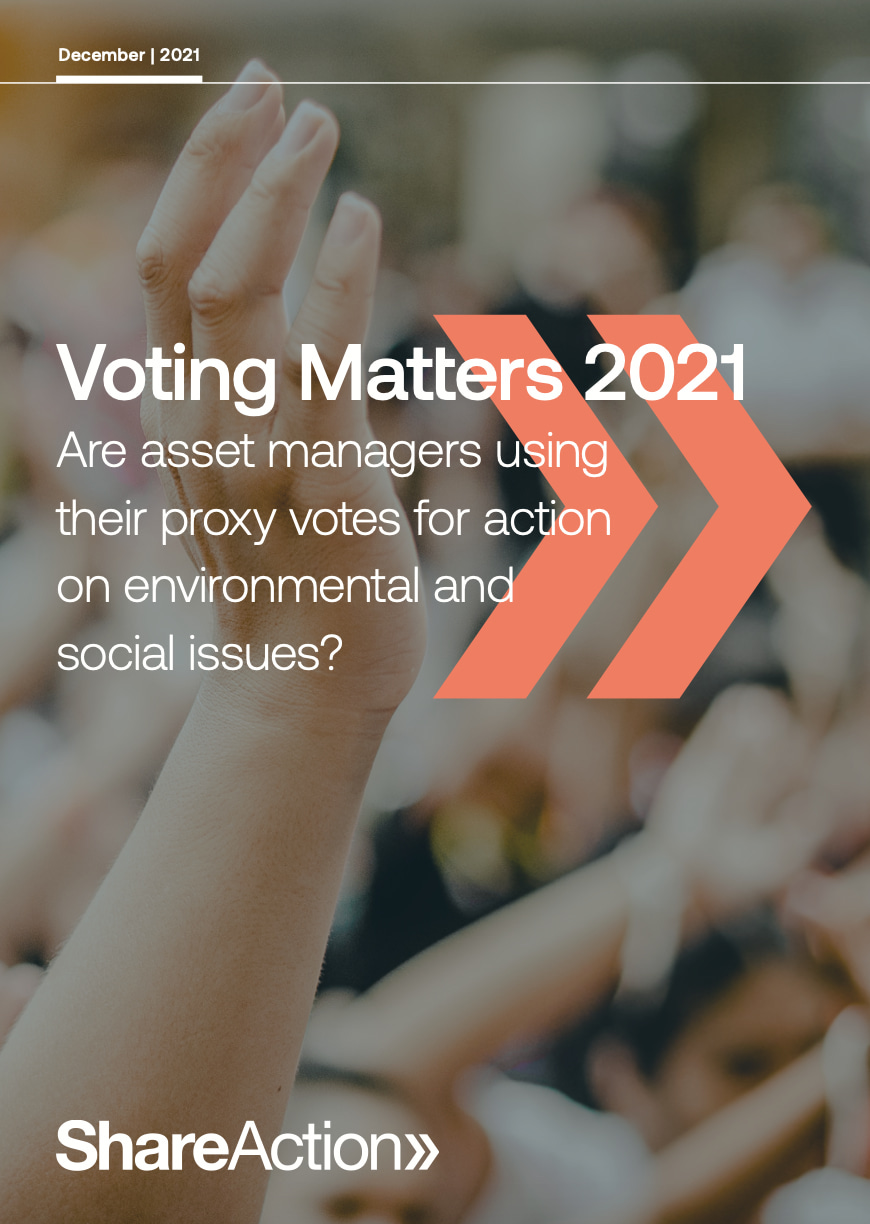
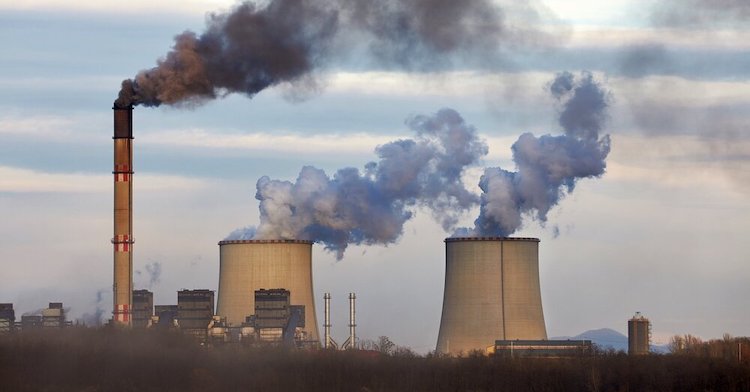


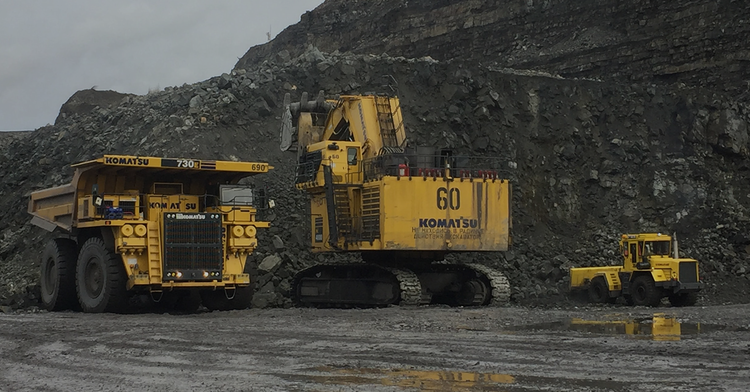


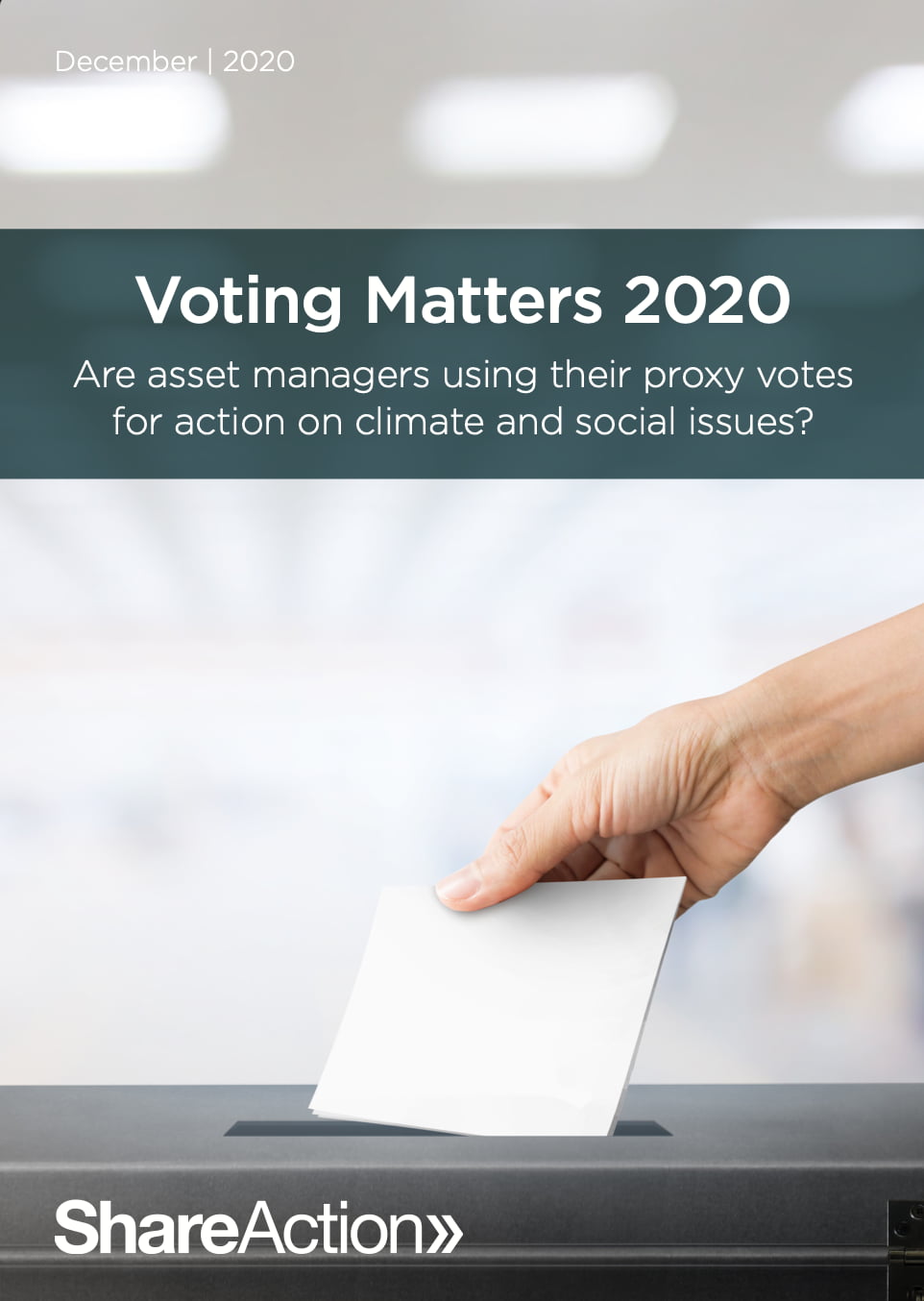
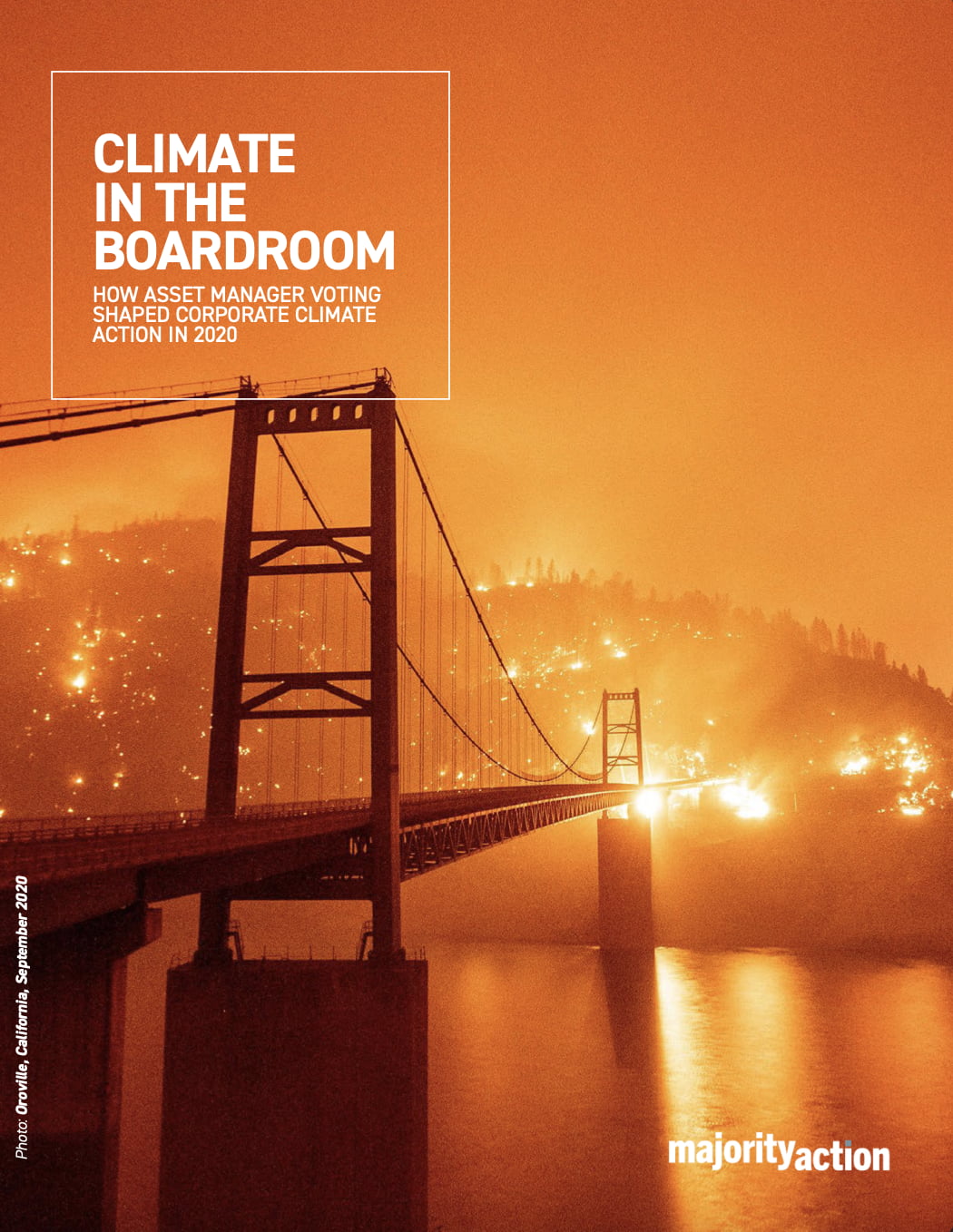
Share